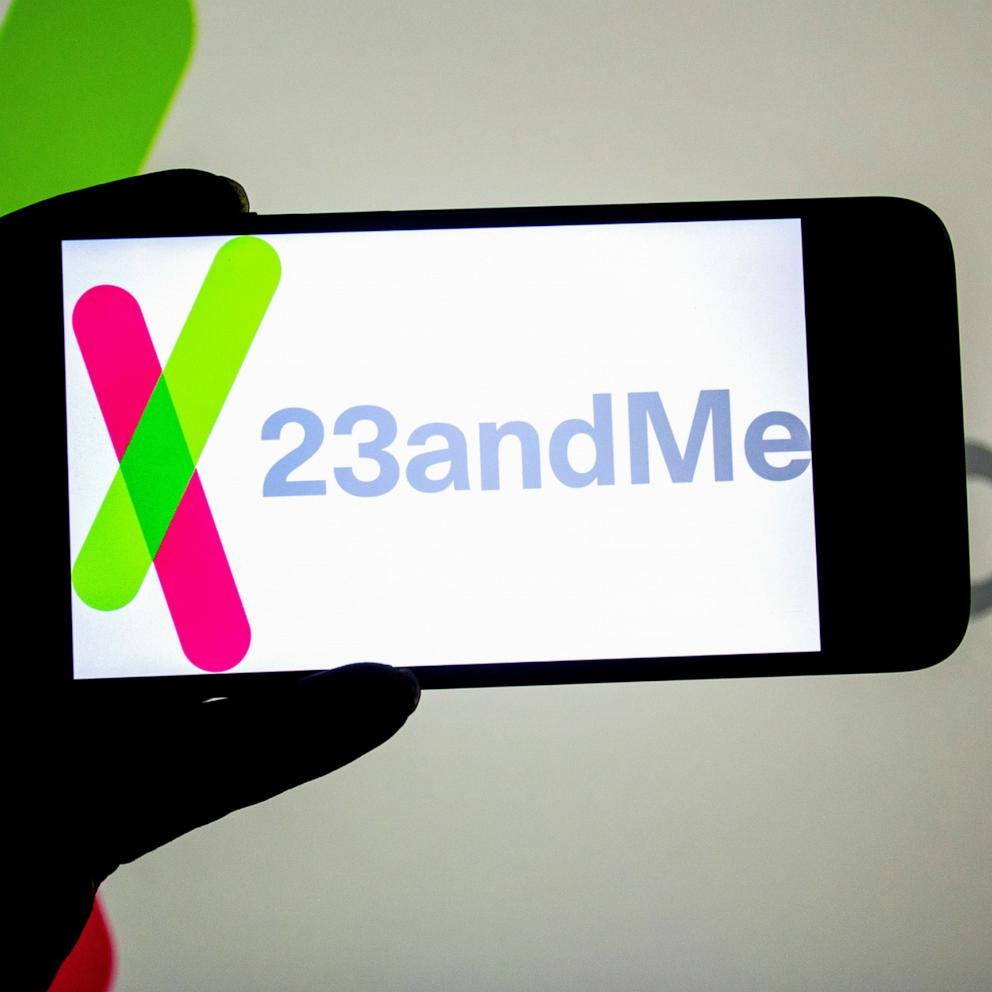Mississippi sees 10-fold increase in babies born with syphilis since 2016: Report
The number of babies born with syphilis in Mississippi has risen 10-fold over the last several years, according to a new report.
Between 2016 and 2022, congenital syphilis cases rose from 10 to 110, marking a 1,000% increase, according to a report from the John D. Bower School of Population Health at University of Mississippi Medical Center.
For the report, researchers looked at hospital discharge data from the Mississippi State Department of Health and the Mississippi Hospital Association.
During the study period, 367 infants were hospitalized in Mississippi due to a diagnosis of congenital syphilis. The majority were identified at delivery while a few were admitted to the hospital post-delivery.
In addition to the number of cases rising, the hospitalization rate also increased from 2.0 per 100,000 in 2016 to 24.8 per 100,000, according to the report.
The report found a wide discrepancy when it came to breakdown by race. The overwhelming majority of infants were African American with 71.1% of all infants compared to 25.1% of infants being white.

Additionally, when it came to characteristics that put an infant more at risk for congenital syphilis, they included being covered by Medicaid and being older than 3 days old.
Infants with congenital syphilis were also significantly more likely than those without the disease to be born to mothers with illicit drug use.
Congenital syphilis occurs when a mother with syphilis passes the infection to her baby during pregnancy.
There has been a "sharp increase" in the number of babies born with syphilis, according to the Centers for Disease Control and Prevention. The nationwide rate in just a year rose 30.5% from 59.7 per 100,000 live births in 2020 to 77.9 per 100,000 live births in 2021.
More than 2,000 cases of congenital syphilis were reported in 2021 alone, which is the highest number reported in one year since 1994, the federal health agency said.
Syphilis infection during pregnancy can lead to miscarriage, and an infant with congenital syphilis can result in stillbirth, premature birth, low birth weight or death shortly after birth.
Although babies born with syphilis may not show overt signs of the condition at birth, they need to be treated right away to avoid having serious health problems, according to the CDC.
Without treatment, the infection can lead to severe defects including low blood count, jaundice, skin rashes, deformed bones, blindness, deafness or meningitis, which is inflammation of the tissues surrounding the brain and spinal cord.
The study found infants were more likely to suffer from severe complications including prematurity at 27% among babies with the disease compared to 12.7% for those without, and low birthweight at 17.9% compared to 9.7% for those without.
The average length of hospital stay for infants with congenital syphilis was 14.5 days and average charges were $56,802 compared to a 3.8 day-hospital stay and mean charges of $13,945 for infants without congenital syphilis.
"Although the upward trend was consistent with national-level surveillance data for CS, the upturn in Mississippi was even steeper," the authors of the report wrote. "This spike is troubling because decades of research have demonstrated the dire health consequences of CS, including prematurity, low birthweight, and death."
The authors said comprehensive public health policies must be implemented including more access to prenatal care and health care providers being informed about the need to ensure early diagnosis and treatment of syphilis during pregnancy.




